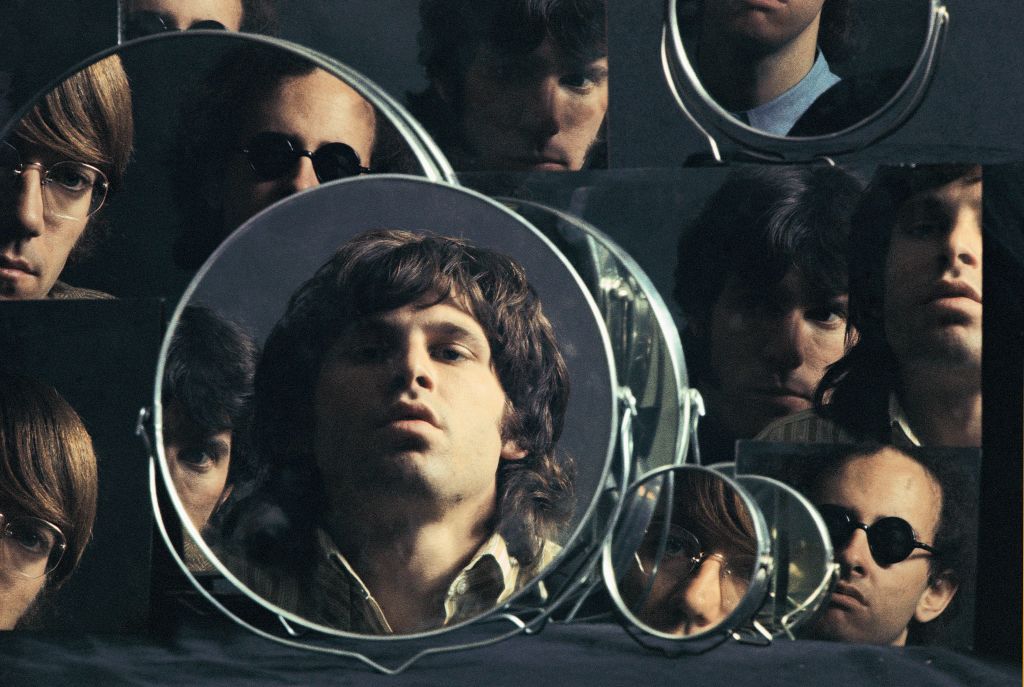
LOS ANGELES, July 10, 1972 — The music world is reeling today from the dramatic and unexpected breakup of The Doors, one of rock’s most influential and enigmatic bands. The split, which has been brewing for months, culminated in an explosive confrontation among the band members, bringing to an end a partnership that has defined an era of rock and roll.
The Doors, founded in 1965, rose to prominence with their unique blend of rock, blues, and psychedelic music, fronted by the charismatic and often controversial Jim Morrison.
With hits like “Light My Fire,” “Riders on the Storm,” and “People Are Strange,” the band quickly became a cultural phenomenon. However, behind the scenes, tensions between Morrison and his bandmates—Ray Manzarek, Robby Krieger, and John Densmore—had been escalating, leading to the band’s dramatic dissolution.
The seeds of discord were sown long before the official breakup announcement. As The Doors’ fame grew, so did the pressures on the band, both personal and professional. Morrison’s erratic behavior and struggles with substance abuse created a volatile environment. His increasingly unpredictable onstage performances and strained interactions with his bandmates were sources of constant tension.
According to insiders, the final straw came during the recording sessions for their latest album. Morrison, who had become increasingly disillusioned with the music industry and his role within the band, clashed with Manzarek, Krieger, and Densmore over the direction of their new material. Morrison’s desire to focus more on his poetry and less on the band’s commercial success was met with resistance from his bandmates, who were eager to capitalize on their current momentum.
Sources close to the band report that an explosive argument erupted during a recording session when Morrison, in a fit of frustration, accused his bandmates of being more interested in commercial success than artistic integrity. The argument quickly escalated, with Morrison reportedly threatening to leave the band. Although the confrontation was initially brushed aside, it became clear that the rift between Morrison and the rest of The Doors was irreparable.
The decision to officially disband was made public through a terse statement issued by the band’s management. “Due to irreconcilable differences and ongoing personal issues, The Doors have decided to cease all future activities as a group,” the statement read. “We would like to thank our fans for their support over the years and assure them that each member will continue to pursue individual projects.”
The announcement has left fans and critics alike stunned, with many struggling to come to terms with the end of a band that had such a profound impact on rock music. The Doors’ breakup marks the end of an era, but it also raises questions about the future of its members. Morrison, who had already begun work on his poetry and had expressed a desire to focus on writing, is expected to continue exploring solo projects. Meanwhile, Manzarek, Krieger, and Densmore are anticipated to pursue their own musical endeavors, possibly forming new collaborations.
In the wake of the breakup, The Doors’ music will undoubtedly continue to influence generations of musicians and fans. Their legacy, marked by Morrison’s haunting voice and the band’s innovative sound, remains a testament to their impact on rock and roll.
As the dust settles from the band’s tumultuous split, the focus will turn to the individual paths of its members and the future of their musical careers. While The Doors may be no more, their mark on the world of music is indelible, ensuring that their story, both the triumphs and the turmoil, will continue to resonate long after their final notes have fade